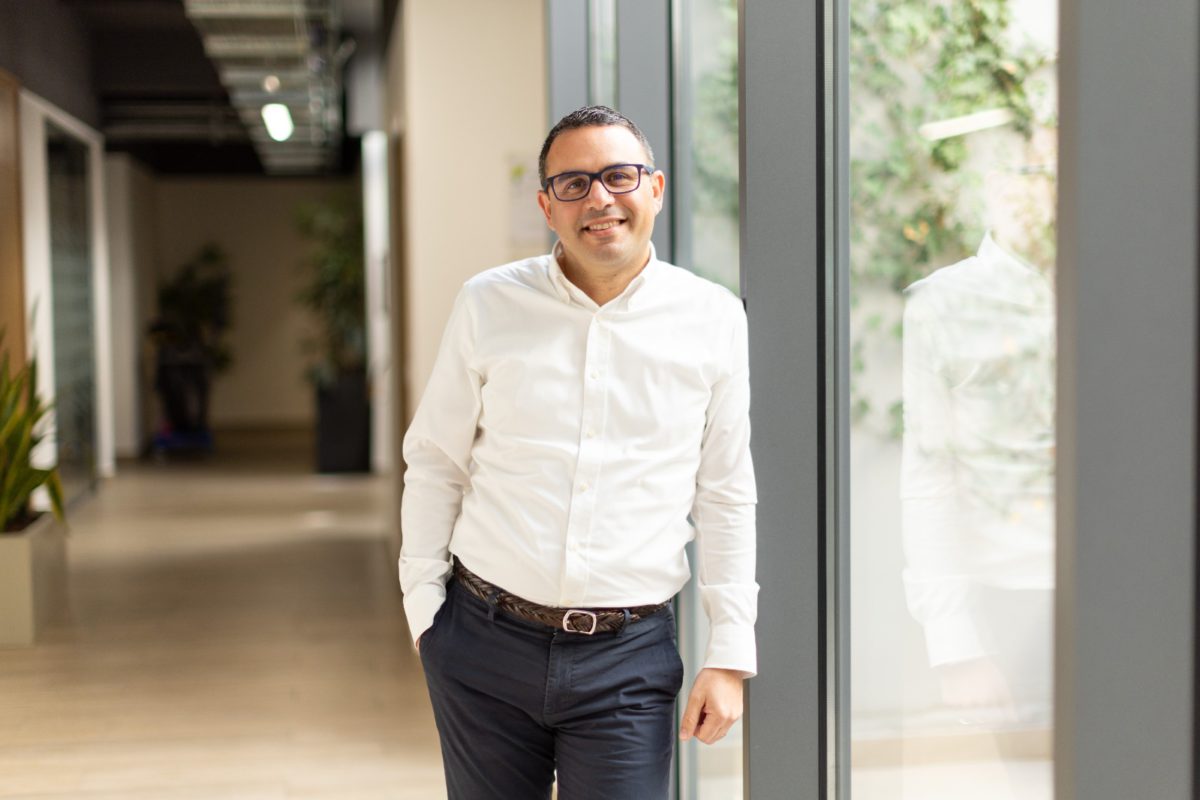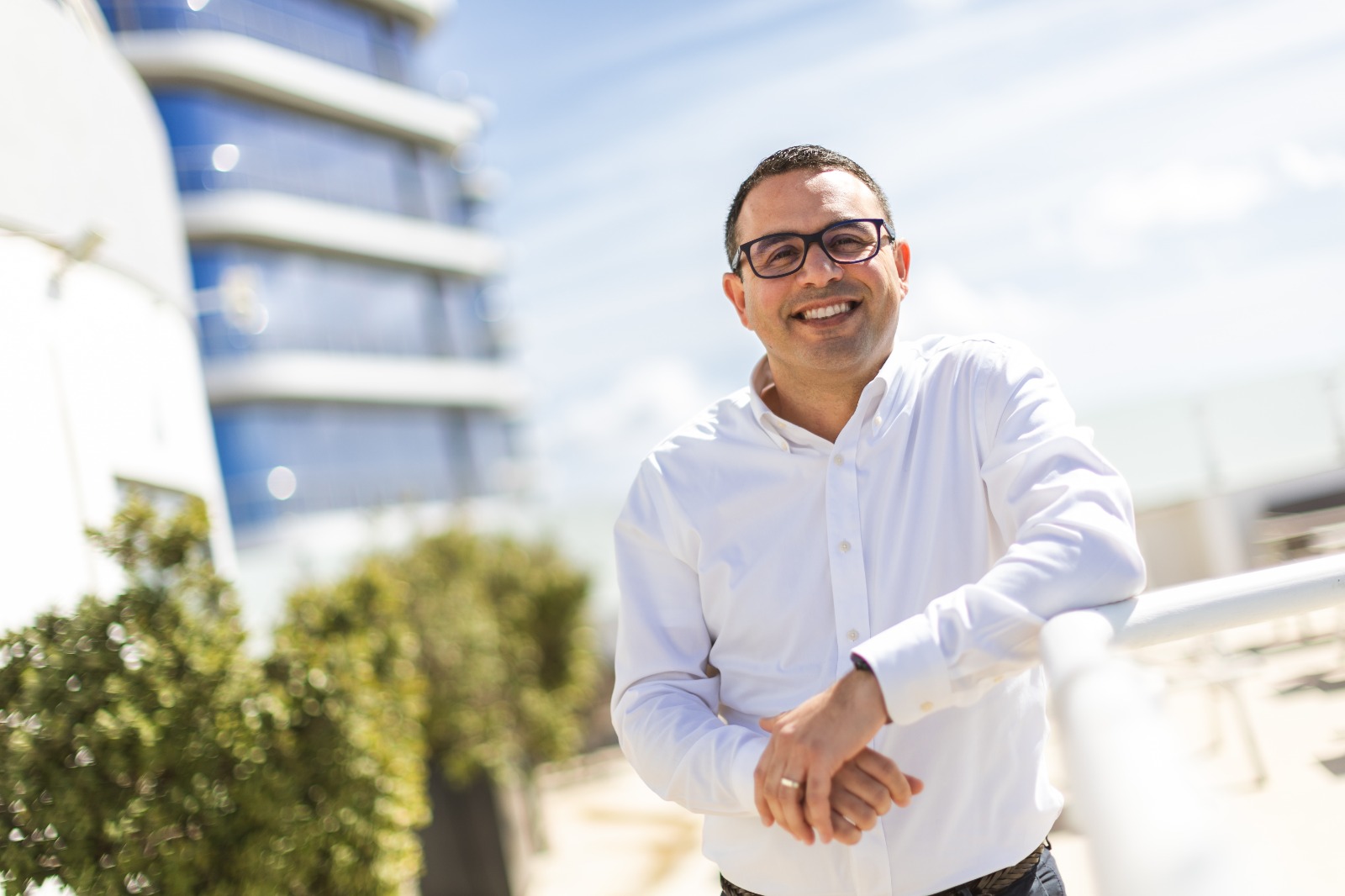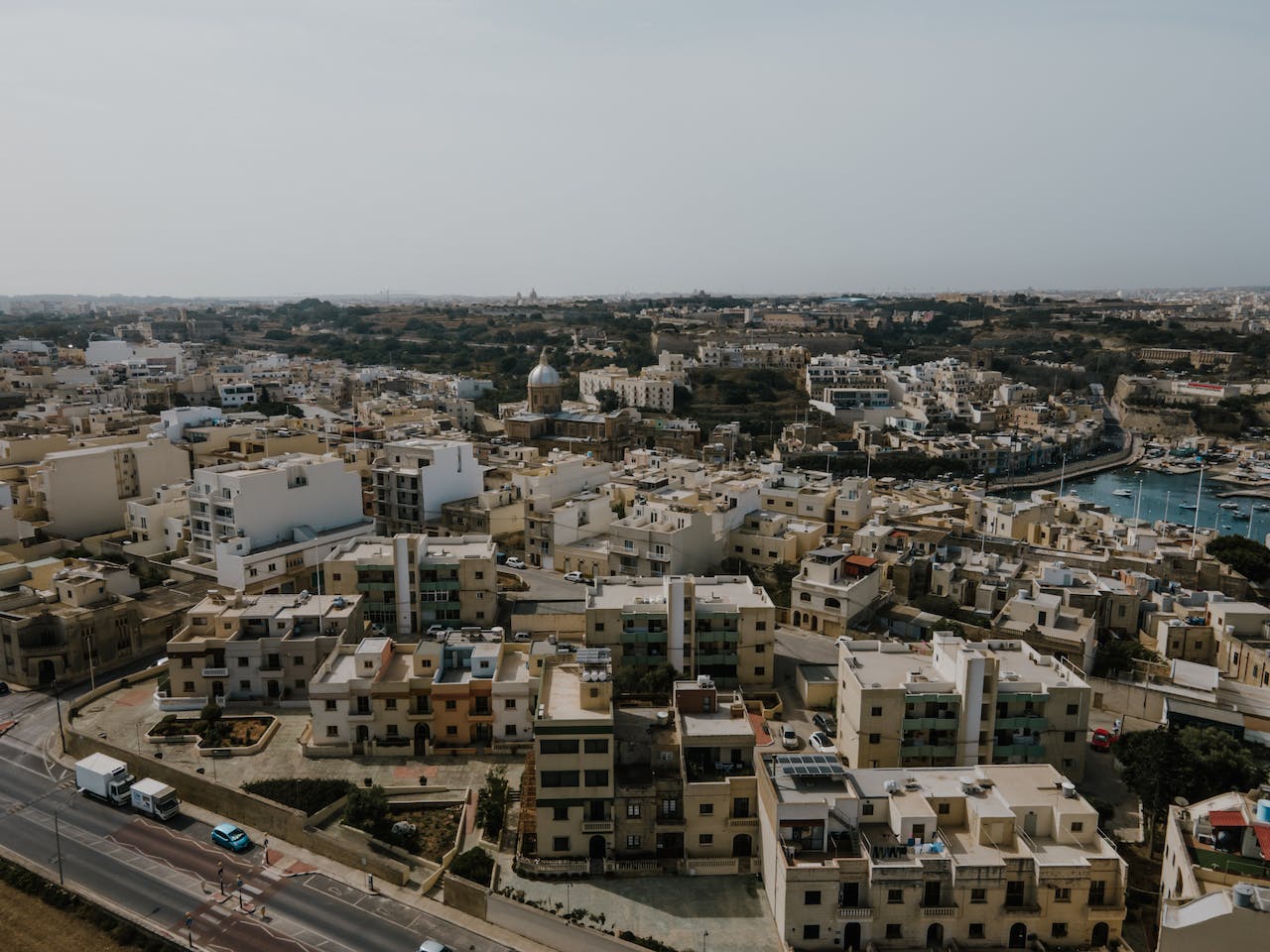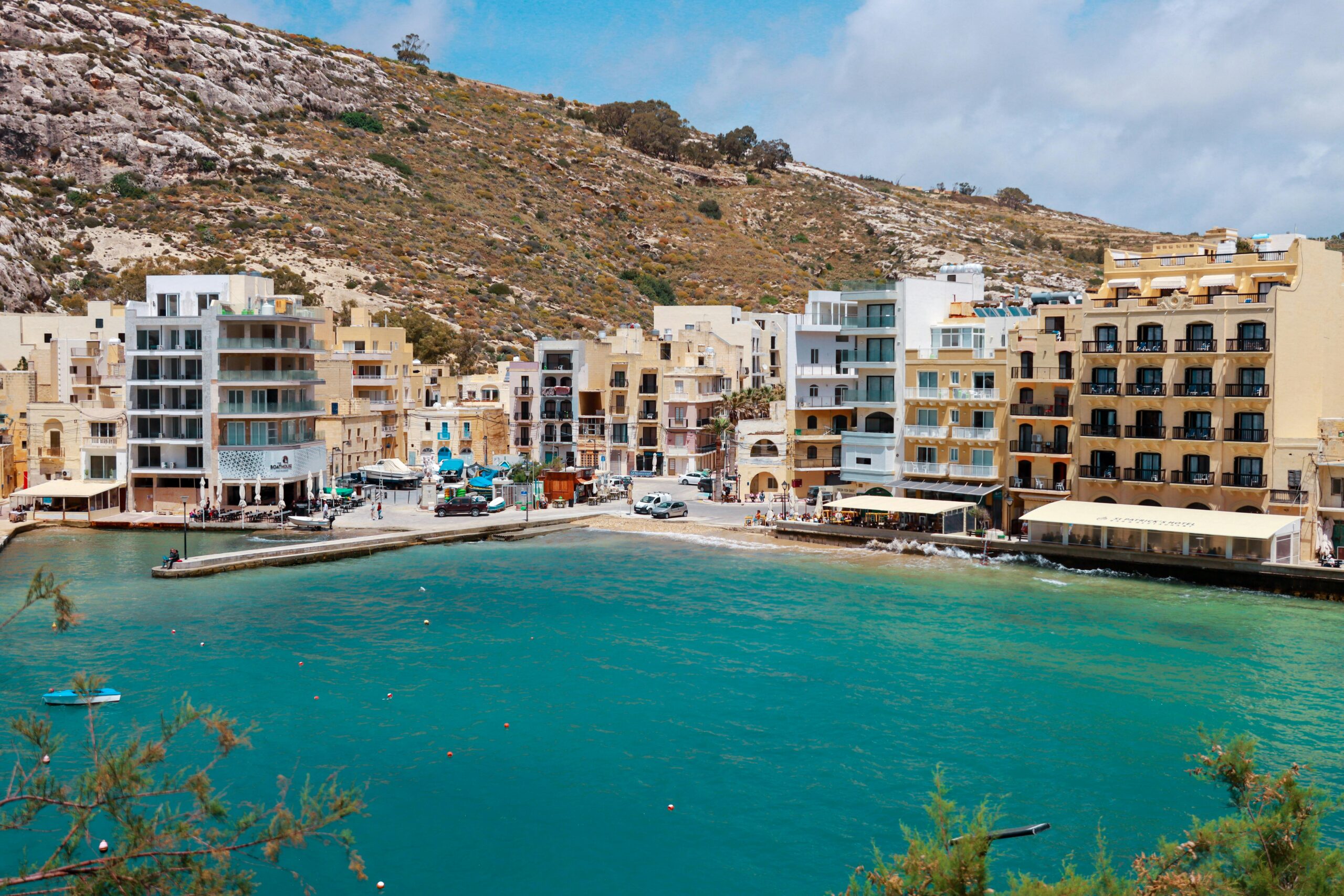Having joined Melita Limited as Head of Marketing in 2008, today, Malcolm Briffa leads Melita Business alongside the company’s international Internet of Things (IoT) division. Describing the work of the division as “all about innovation”, he outlines innovative solutions, innovative processes, and innovative partnerships as its cornerstone – all underscored by the connectivity at which Melita Ltd excels, and where the company has over 30 years of experience.
Locally, Melita Business provides nationwide gigabit internet among other services, including nationwide 5G mobile, cyber security solutions, Smart Cloud managed Cloud services, and hosting and co-location at The Melita Data Centre, a purpose-built, Tier III data centre in Madliena. On a global scale, however, Melita Business stands out in providing cutting-edge global connectivity solutions in the realm of IoT. Leveraging its expertise, infrastructure and global roaming partners, Melita enables businesses to harness the power of IoT technologies to drive innovation and efficiency.
Speaking of how Melita views sustainability, Malcolm affirms that it is core to the business: “we want to be in business today, without compromising future generations’ needs, so we take a holistic view of sustainability, whether that’s described as the three Ps: People, Planet, Profit; or the Environment, Society and Governance of ESG.”
On the ‘planet’ or ‘environment’ side of things, he maintains, Melita has been carbon neutral since 2020, and was one of the first two companies in Malta to commit to reducing carbon emissions in line with the Paris Agreement – “for us, that means reducing our greenhouse gas emissions by 42 per cent by 2030.”
In accordance with this target, which was approved by the Science Based Target Initiative – a collaboration between the UN Global Compact, CDP, the World Resources Institute (WRI) and the World Wide Fund for Nature (WWF) – Malcolm outlines a three-pronged approach to reducing the company’s emissions. The first will see Melita Ltd switch all company vehicles to electric vehicles. “We’re already at 40 per cent, and by 2025 aim to have all possible vehicles electric,” he says, although as it stands, there are no options for electric cherry pickers or bucket trucks.
Second on the list is reducing indirect emissions by being more efficient in the company’s energy usage, “for example, upgrading our mobile and fixed networks to more energy efficient technology, automating our heating, lighting and cooling and even adapting our digital ads to formats that use less energy,” he says, while the third piece of the puzzle will be investing in solar power generation.
In terms of external benchmarking, Malcolm continues, “beyond our SBTi commitment, one of our ISO certifications is ISO 14001, Environmental Management. Over the years, our efforts have also been recognised with awards for Smart & Sustainable Business, Carbon Neutral Commitment and Green Transport. Melita is also a founding member of the Malta ESG Alliance.”
Finally, the Melita Foundation also supports environmental initiatives and has committed funding of over €500,000 to local NGOs. Alongside the environment, the foundation has also supported projects which protect the island’s cultural heritage, he points out, such as funding the use of technology to preserve and re-imagine unique parts of our history – including creating a virtual 3D model of the Royal Opera House and digitising the St John’s Co-Cathedral tapestries – using today’s technology to provide a portal into the past.
“The Melita Foundation also supports creative and digital skills, areas which are fundamental to opening opportunities to people from all walks of life, supporting NGOs like The Malta Trust Foundation, Paulo Freire Institute, Teen Klabb and many others,” Malcolm adds.

And while sustainability has been a buzzword in business for some time, Malcolm believes that innovations in IoT technology provide real opportunities to improve sustainability and reduce resource consumption. Delving into the ways IoT technology contributes towards environmental sustainability, he points out that it is being applied across sectors, from agriculture to vehicle fleet management, enabling efficient resource management and reducing waste, thus leading to reductions in ecological footprints.
“In agriculture, for example, IoT devices are being used to monitor soil and weather conditions. The result is that for a specific crop, in a specific part of a specific field, irrigation and fertilisation will be adjusted to exactly the right level to get the best yield. This way, the farmer increases productivity of the land, whilst eliminating any wastage of water or other precious resources, resulting in more sustainable farming practices,” Malcolm explains.
“In more urban settings, which after all is where most of the world’s population lives, and given the population density in Malta, it’s a real opportunity for us locally,” he continues, highlighting how IoT contributes to energy conservation through smart buildings, where systems are installed that adjust lighting based on natural light availability and optimise energy use based on real-time consumption data. “Similarly, on the roads, IoT manages street lighting in a much more responsive way than simply setting a timer, and also manage traffic flows through smart parking and smart traffic lights, creating a better living environment and reducing fuel consumption.”
Further to this, Malcolm notes how IoT is used in fleet management, to optimise driving routes and driving behaviour to get the best fuel efficiency. And it’s not just conventional vehicles that benefit, he says.
“One of the concerns people have when considering switching to electric vehicles (EVs) is charging anxiety: ‘where and when will I charge my EV?’. Well, we supply connectivity to EV charging pillars, so users can check an app to find the most convenient available place to charge – not only eliminating the dreaded charging anxiety but also reducing unnecessary energy consumption driving around looking for a charging pillar,” Malcolm affirms.
Meanwhile, while it may not be the most glamorous application, Malcolm also points to noteworthy efficiencies when IoT is applied to waste management locally. “IoT sensors monitor fill levels on 800 public bins,” he explains, highlighting how resource use can be minimised by only driving to empty a bin when it is full, meaning no more wasted rounds checking empty bins whilst others are over-flowing, resulting in 20 per cent reduction in greenhouse gas emissions. Finally, he continues, “when it comes to sewers and cesspits, IoT is used to monitor many data points and enable issues to be addressed remotely – better for the workers, better for the water, better use of resources.”
Looking at things with an international lens, Malcolm refers to recent wildfires ravaging forests, which are important carbon sinks. IoT can help here too, he maintains. “Sensors can detect gases produced in the early phase of ignition – this initial warning has the potential to prompt early action and prevent the fire’s spread. A major wildfire can release over millions of tonnes of greenhouse gases, so stopping fires before they spread not only benefits the ecosystem in the short term, but also contributes to keeping greenhouse gasses tied up in organic material rather than in the atmosphere,” he says.
Bringing all this back home, Malcolm explains that melita.io, which was set up several years ago as the IoT connectivity arm of Melita, provides connectivity locally and globally, thus enabling many of these solutions, along with many others.
“The role of IoT in sustainably providing public and private services really cannot be underestimated,” he concludes – and given the scope of our discussion alone, it’s easy to see why.
db Foundation raises €8,419 for Karl Vella Foundation with MasterChef Malta Charity Dinner
These events form part of the db Foundation's ongoing commitment to supporting vulnerable members of society through impactful initiatives
Residential property prices rise by 5.7% in first quarter of 2025
The new figures show continued growth in Malta’s property sector
Youth4Entrepreneurship Gozo 2025: Youth invited to propose innovative digital solutions
The initiative aims to empower youth to become active contributors to Gozo’s development by addressing local challenges






